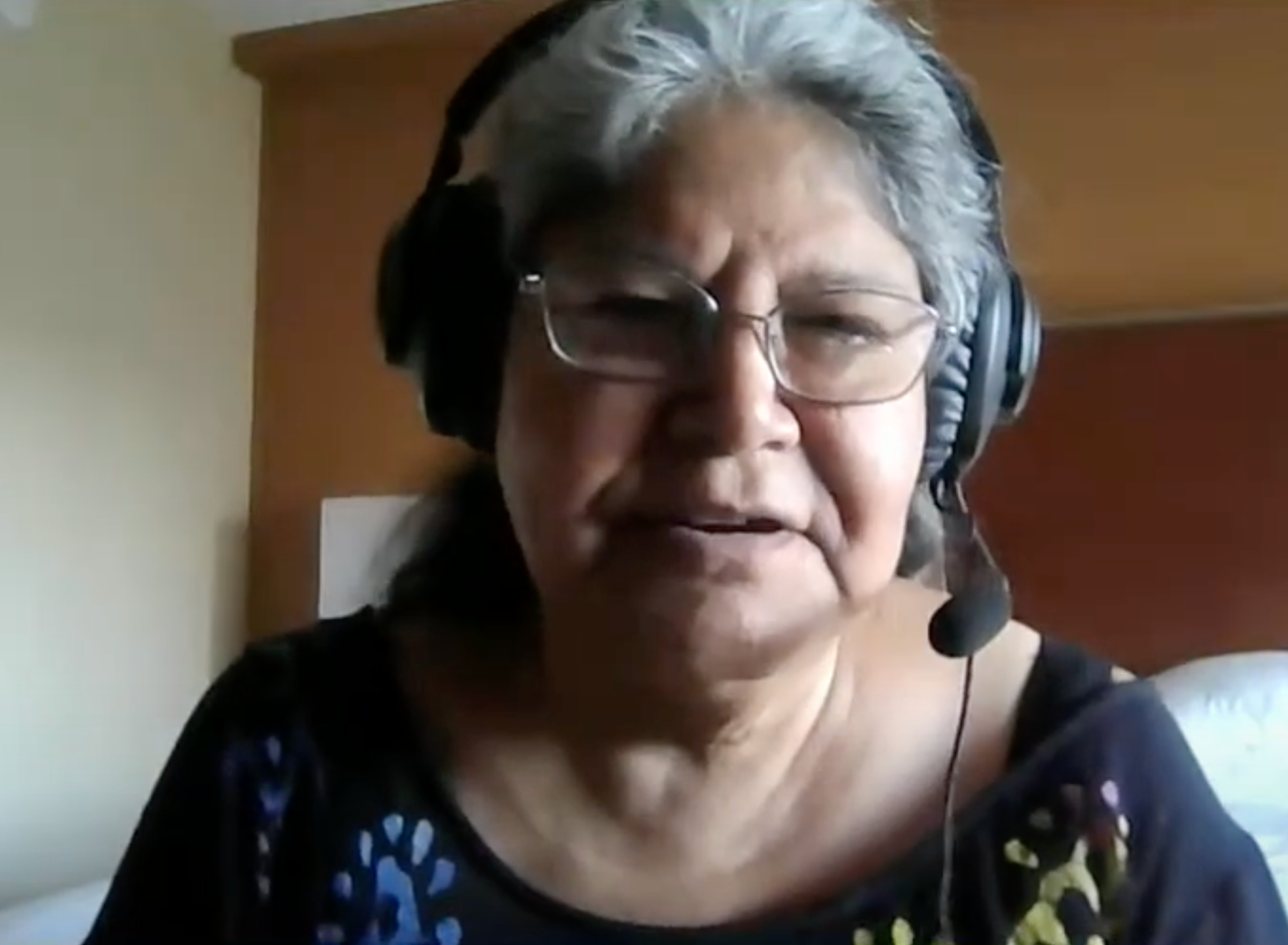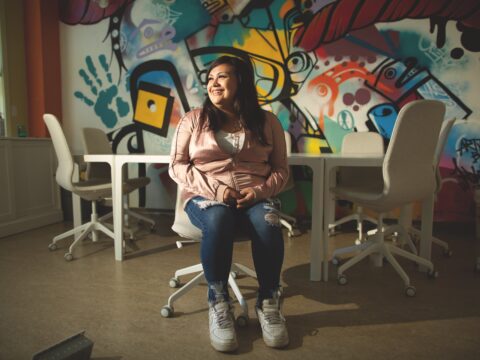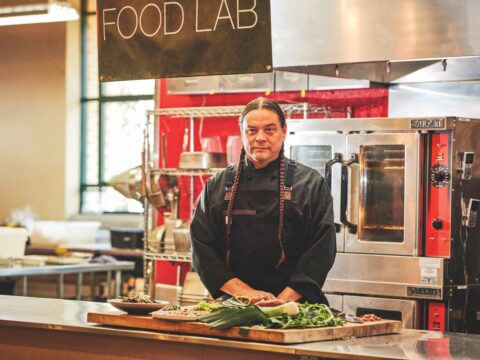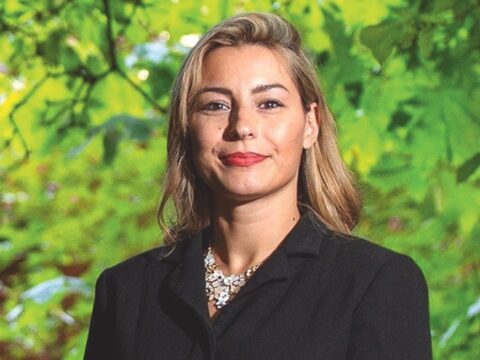The United Church of Canada has made the historic decision to support the creation of a self-determining Indigenous church within the denomination. During a virtual session on July 24, General Council commissioners approved a proposal that the Indigenous church says will help chart a new way forward based on partnership rather than “missions to the Indians.”
The proposal, brought forward by the National Indigenous Council directs the general secretary to “remove structural barriers toward developing and sustaining an autonomous Indigenous church” within the wider church. It also supports continuing a dialogue on right relations and reparations with the National Indigenous Council.
You may unsubscribe from any of our newsletters at any time.
Members of the Indigenous church responded enthusiastically to the news of the decision. Rev. John Thompson, co-chair of the National Indigenous Council, says that it marks a watershed moment for Indigenous people in the church — and for the wider United Church. Indigenous people have not had an equal nation-to-nation relationship with the United Church, he says. “Coming out from under that to a new day of self-determination is exciting and life-giving.”
According to the National Indigenous Council, moving forward on this proposal means that the United Church will be keeping its commitment to the United Nations Declaration on the Rights of Indigenous Peoples, which it adopted in 2016.
Rev. Murray Pruden, the United Church’s executive minister of Indigenous ministries and justice, says that the decision will help bring about a new chapter in the Indigenous church’s journey with the denomination. “It’s acknowledging the next step that the United Church wants to work on with the Indigenous church,” he says. “We have work to fulfil, but it brings momentum to the Indigenous church.”
Before the work of creating a self-determining Indigenous church can begin, the church would normally need to undertake a remit process — a motion and vote of approval to make a change to the Basis of Union. But another proposal from the general secretary clears the way by authorizing General Council to first approve a remit that would “give pre-emptive approval for what the Indigenous Church determines as its place in the United Church.”
This change would mean that the Indigenous church wouldn’t need to seek remit approval again — a process that has been criticized for its colonial overtones.
The pre-emptive remit process has approximately a one-year timeline, according to Pruden, and the general secretary will make study and information resources available to regional councils and pastoral charges over the next year. If a majority of regional councils approve a remit, the General Council Executive can then officially enact it.
Rev. Barbara Cairns, a commissioner from Cornwall, P.E.I., expressed concern about the potential fallout for the church if this specific remit doesn’t pass. “What harm will that cause our Indigenous brothers and sisters?” she asked Council.
More on Broadview:
- Carmen Lansdowne elected as United Church moderator
- Tseshaht First Nation leads search for unmarked graves at residential school site run by United Church
- Ojibwe translator for Pope visit on what Catholic Church needs to do next
Pruden says he also has some concerns that the remit won’t pass, adding that if that were to happen, “the Indigenous church would need to see if there is another pathway that it could negotiate with the General Council.”
The next step, he says, is for the National Indigenous Council to come together to discuss future directions and to seek the recommendations and advice of the Elders Council — as well as to take those ideas back to its grassroots for discussion. That work will likely he happen, he confirms, within the format of the National Indigenous Spiritual Gathering, to be held in Edmonton in July 2023.
While commissioners were broadly supportive of restructuring the Indigenous church, some said they were worried that it would lead to division in the denomination. “My heart yearns for greater unity with our Indigenous neighbours,” Rev. Murray Speer, a commissioner from Calgary, told Council during the decision session. “My wish is that this move does not create separation, but continues the influence of the Elders on The United Church of Canada.”
But Pruden says that a focus on potential division is at odds with an Indigenous perspective. “That’s not the same mindset as an Indigenous way of thinking,” he says, adding that the Indigenous church is seeking recognition and acknowledgment for “who we are as a church.”
Thompson believes that the settler church isn’t fully aware of the benefits that an Indigenous church and worldview could bring to the wider United Church. “There are gifts that the Indigenous church has to share with the whole church — and not just with the church but with society as a whole,” he says.
***
Julie McGonegal is an associate editor at Broadview.















